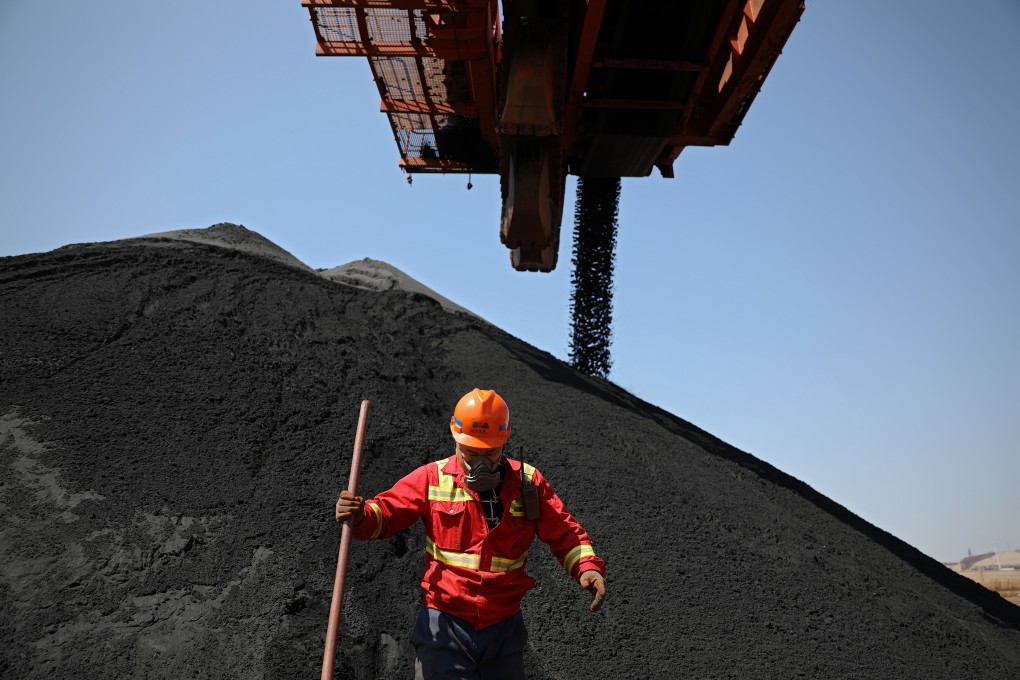China-Australia relations: iron ore prices drop after Dalian Commodity Exchange tightens limits on futures positions
- Daily limit on opening futures positions is reduced to 2,000 lots for non-brokerage traders – the third time the limit has been reduced this month
- Some analysts say supply-and-demand fundamentals alone would keep prices at US$120 a tonne or lower

Iron ore prices have started to fall after China’s Dalian Commodity Exchange (DCE) tightened its trading rules on Monday in an effort to cool prices that had reached their highest point since 2011.
On Thursday afternoon, iron ore was trading at about US$162 a tonne after closing on Monday at US$176 – the highest price this year, and more than twice the low of about US$81 a tonne in late March, according to the MBIOI-62 price index.
The pivot comes after the DCE tightened its limits on opening futures positions to 2,000 lots a day for non-brokerage traders from Tuesday – further reducing it from a limit of 5,000 lots imposed on December 9, just six days after limits were set at 10,000 lots.
But the Australian miners assured CISA that, for their part in the supply chain, they had made efforts to increase iron ore shipments, which should put downward pressure on prices. They also agreed to work with CISA to address the pricing concerns.
